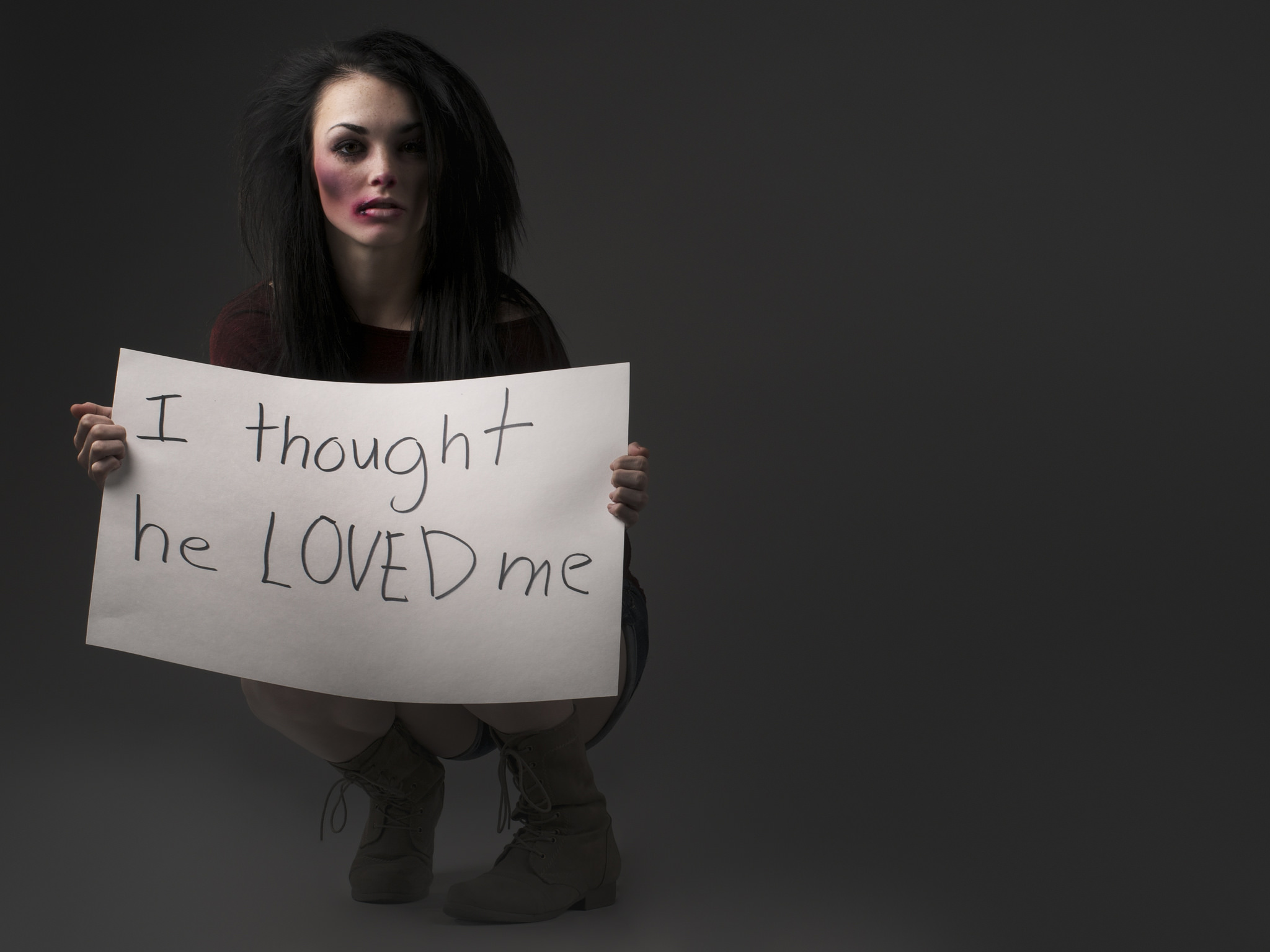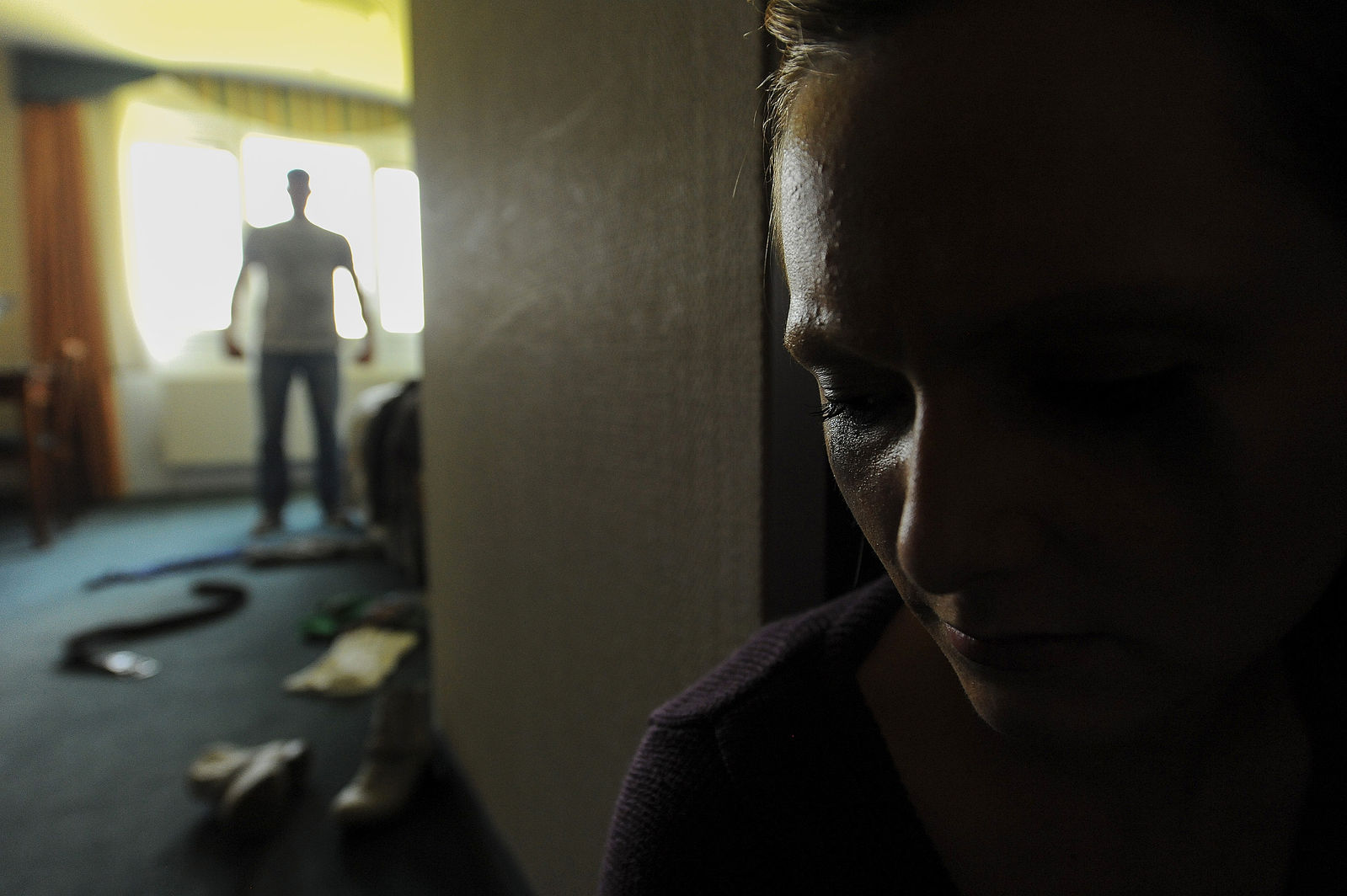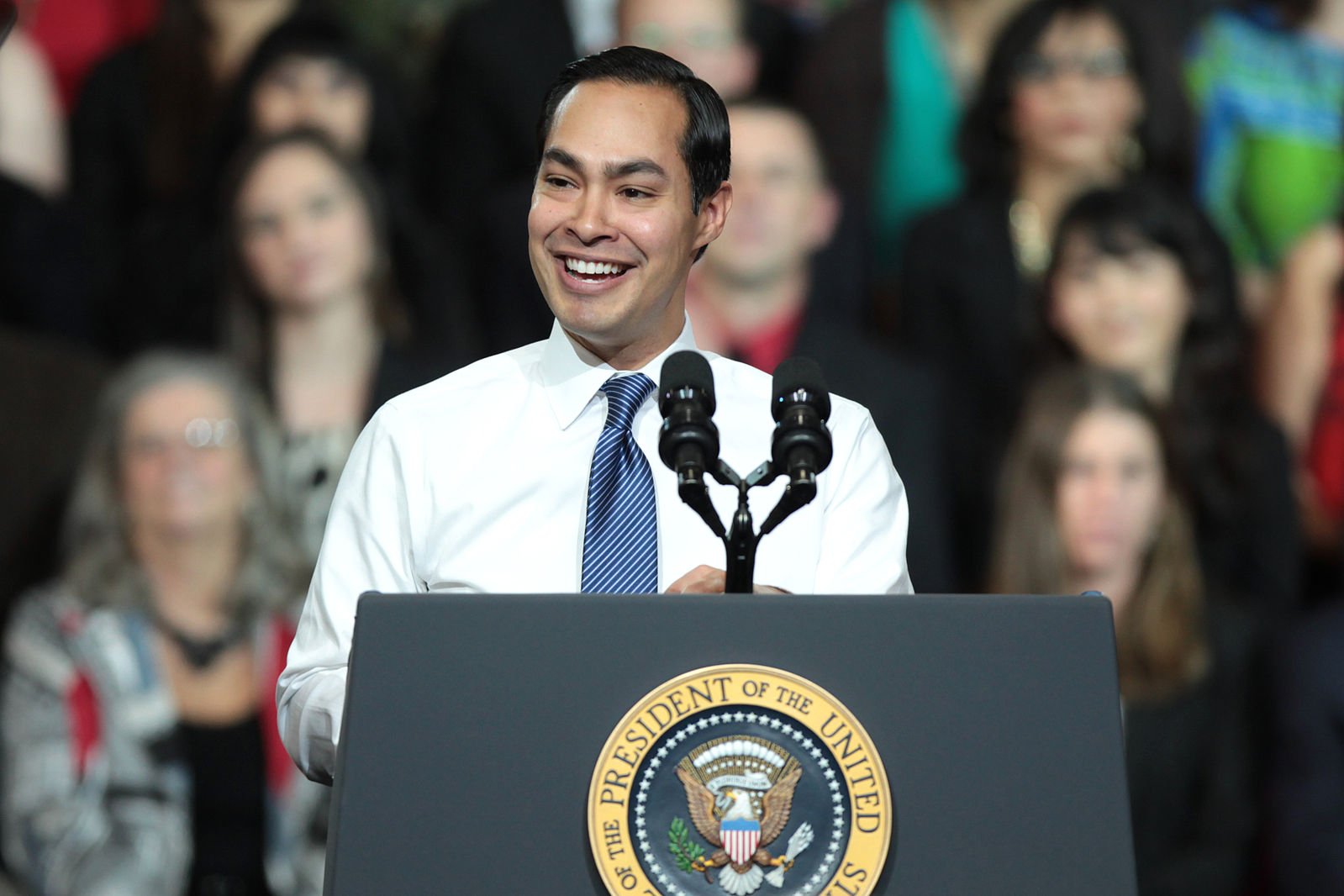The Way You Can Be Punished for Calling 911

By:
People typically call 9-1-1 when they're in trouble: a fire, an attack, a burglary, a health emergency. But in cities across the U.S., there are local laws that can get people evicted for contacting emergency services “too many times” during a certain period of time. These laws actually end up hurting victims of domestic abuse, people of color, and low-income households — individuals who need them the most.
 Scott Davidson/Wikimedia - wikimedia.org
Scott Davidson/Wikimedia - wikimedia.org
Calling the police can get you in trouble.
The American Civil Liberties Union (ACLU) has been fighting these laws, which are often referred to as "nuisance ordinances," for years.
"A lot of the ordinances might set a number of calls you can make over a period of time, and if you violate that, the city will often prohibit your landlord from renting to you," Sandra Park, a senior staff attorney for the ACLU, told ATTN:.
Park said the laws vary quite a bit, but for example, someone who calls 9-1-1 just a few times in a few months can result in their landlord getting a notice from their town or city requesting that the tenant gets evicted from the property.
These laws end up hurting the people who might need frequent emergency services.
In one case, Nancy Markham of Surprise, Arizona, was punched, choked, and threatened with a gun and had her car stolen by a former lover. She regularly contacted the police over these problems, and eventually the city told her landlord she should be evicted because of a nuisance ordinance that prevented citizens from contacting the police too many times.
Thanks to a court case brought by the ACLU, Surprise has now abolished its law that penalized individuals who contacted emergency services frequently. Unfortunately, these laws still remain in many cities in the U.S.
 dualdflipflop/Flickr - flickr.com
dualdflipflop/Flickr - flickr.com
"One aspect of this is that the ordinances almost always target renters and rental properties, so that usually means you're impacting the lower income people in your community," Park said. She said people of color are often disproportionately affected, as well.
"Most often it will also disproportionately affect domestic violence victims, because they are often in the position of needing to reach out for police assistance repeatedly," Park said. She said that typically people who try to defend these laws will find themselves blaming victims by arguing that someone who's been regularly abused by a partner is somehow responsible for allowing that to happen.
 Senior Airman Rusty Frank/Wikimedia - wikimedia.org
Senior Airman Rusty Frank/Wikimedia - wikimedia.org
"These people, who have been victimized merely calling for help and getting what's happening in their household on the radar of the people who are enforcing these nuisance ordinances, will ultimately result in them either being threatened with or losing their housing because of their victimization," Amy Schwartz, a senior staff attorney for the Empire Justice Center in New York, told ATTN:. Her law firm has fought nuisance ordinances across New York state.
"If you have a victim who is afraid to call for help because they're concerned about losing their housing, it actually makes the situation in the household even more dangerous," Schwartz said. "Calling the police for help should not be a reason to lose your home."
These laws are partially based on concepts that ultimately backfire.
"I think initially a lot of the laws were intended to try to help cities combat crime and specifically, I think the focus was often on addressing drug offenses," Park said. "Thinking that reducing calls to a police service equates reducing crime is fundamentally flawed. City officials thought that these laws would punish people who are connected to illegal activities, but they too often punish people who are the victims of illegal activity."
According to Park, the ACLU has dealt with nuisance ordinances in 12 states, but they are aware of at least 35 states that have towns and cities with such laws. States like New York, Arizona, and Missouri are among the places that have these laws.
An underlying reason for why many towns and cities pass these laws appears to be that they're trying to cut down on the cost of running their emergency services system, since they have limited resources to operate them. "They are intended to accomplish multiple things, depending on who is passing them," Gretchen Arnold, an assistant professor of women's and gender studies at Saint Louis University, told ATTN:. "For example, they are sometimes intended to cut down on 9-1-1 calls and recoup some of the costs of providing emergency services in a time of budget cuts."
Arnold also said that these laws are "thought to improve the quality of life in urban areas by enabling police and prosecutors to crack down on quality-of-life issues like loud parties, drug dealing, prostitution, and code violations." However, they often hurt victims of violent crime.
"A nuisance citation can also compound the trauma of the violence itself, can exacerbate mental and physical health problems, can leave women and their children homeless, can make it difficult or impossible to rent another apartment, and cause loss of a job and loss of one's belongings," Arnold said.
 Gage Skidmore/Wikimedia - wikimedia.orgPoliticians and organizations are speaking out.
Gage Skidmore/Wikimedia - wikimedia.orgPoliticians and organizations are speaking out.
To combat this problem, over 29 senators recently sent a letter to Julian Castro, the secretary of the Department of Housing and Urban Development, requesting that the department issue guidance to places that have these laws so people can confidently utilize their local emergency services.
The ACLU is also working with state governments to try to get measures passed that would prevent cities and towns from making these kinds of laws in the first place. Pennsylvania and Iowa have passed such laws, Park said.
While these laws may have good intentions in many cases, they negatively impact communities around the nation. When you're too scared of being evicted to call the police in a time of danger, your life can be put at risk for purely financial reasons.
